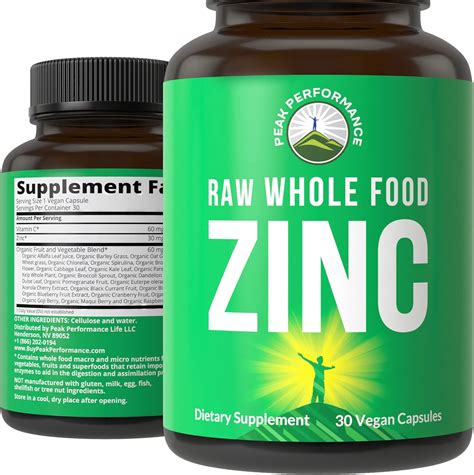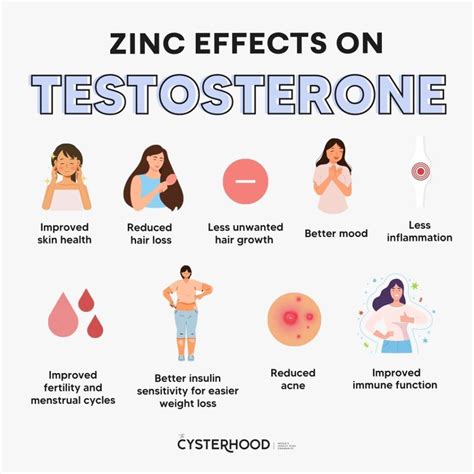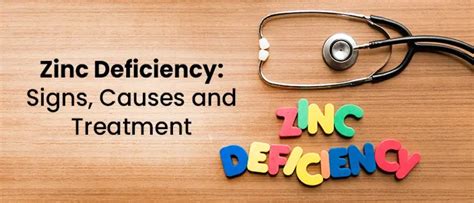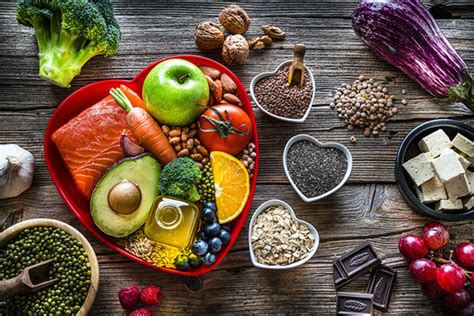Beyond protein, what micronutrient is particularly important for men to support healthy testosterone levels and why?

The Unsung Role of Micronutrients in Male Hormonal Health
When discussing male hormonal health, particularly testosterone levels, protein often takes center stage for its role in muscle building and overall bodily function. However, the intricate dance of hormone production relies heavily on a cast of lesser-known yet equally vital micronutrients. Beyond the macronutrients, one specific micronutrient consistently emerges as profoundly impactful for supporting healthy testosterone levels in men.

Zinc: The Cornerstone of Testosterone Synthesis
The micronutrient in question is Zinc. Often overshadowed by flashier vitamins, zinc is an essential trace mineral involved in over 300 enzymatic reactions in the body. Its influence extends to immune function, wound healing, DNA synthesis, and crucially, male reproductive health.
For testosterone, zinc’s importance cannot be overstated. Research consistently demonstrates a strong correlation between adequate zinc status and optimal testosterone production. Conversely, even marginal zinc deficiency can lead to a significant drop in testosterone levels.

How Zinc Supports Testosterone
Zinc contributes to healthy testosterone levels through several key mechanisms:
- Testosterone Synthesis: Zinc is directly involved in the enzymatic processes within the Leydig cells of the testes, which are responsible for producing testosterone. Without sufficient zinc, these biochemical pathways become less efficient.
- Luteinizing Hormone (LH) Production: Zinc plays a role in the regulation of the pituitary gland, which produces Luteinizing Hormone (LH). LH signals the Leydig cells to produce testosterone. Adequate zinc ensures proper LH secretion.
- Aromatase Inhibition: Zinc has been shown to act as a mild aromatase inhibitor. Aromatase is an enzyme that converts testosterone into estrogen. By modulating aromatase activity, zinc helps maintain a healthy testosterone-to-estrogen ratio, preventing excessive conversion of testosterone into its female counterpart.
- Antioxidant Properties: Zinc acts as an antioxidant, protecting testicular cells from oxidative stress and damage. This cellular protection is vital for maintaining the health and function of testosterone-producing tissues over time.

Widespread Deficiency and Dietary Sources
Despite its critical role, zinc deficiency is surprisingly common globally, affecting a significant portion of the population. Risk factors for low zinc include restrictive diets (especially vegetarian and vegan diets if not carefully planned), gastrointestinal issues that impair absorption, chronic stress, and intense physical activity (as zinc can be lost through sweat).

To ensure adequate zinc intake, incorporating zinc-rich foods into your diet is paramount. Excellent dietary sources include:
- Oysters: Arguably the richest source of zinc.
- Red Meat: Beef, lamb, and pork are good sources.
- Poultry: Chicken and turkey provide moderate amounts.
- Legumes: Chickpeas, lentils, and beans.
- Nuts and Seeds: Pumpkin seeds, cashews, almonds.
- Dairy Products: Milk, cheese, and yogurt.
- Whole Grains: Oats, quinoa, and brown rice (though phytates can inhibit absorption).

Optimizing Zinc for Hormonal Balance
While a balanced diet is the best approach, some men might benefit from zinc supplementation, especially if a deficiency is confirmed by a healthcare professional. It’s crucial not to overdo supplementation, as excessive zinc can interfere with copper absorption and lead to other health issues. Always consult with a doctor before starting any new supplement regimen.
In conclusion, while protein is undeniably crucial for overall health, zinc stands out as a particularly important micronutrient for men looking to support healthy testosterone levels. Its multifaceted role in synthesis, regulation, and protection makes it an indispensable component of male hormonal well-being. Prioritizing zinc-rich foods and addressing potential deficiencies can be a powerful step towards optimizing testosterone and overall vitality.








